Jesus of Nazareth is unquestionably one of the most well-known figures of all time; in the Christian religion, he was and is the only true son of God, who came down to Earth to save humankind from eternal damnation.
However, for such a prominent man (or son of God to some), very little is known about his personal history before he started spreading the word of God. But now, experts believe they have found the first ever recorded story of Jesus Christ.
The New Testament Tells the Story of Jesus of Nazareth

The Bible, which includes both the Old Testament and the New Testament, is considered the holy word of God by Christians all around the world.
While the Old Testament tells stories of creation and Moses and poems of love, such as those in the Book of Psalms, the New Testament is almost entirely about Jesus Christ, his life, his teachings, and his resurrection from death.
The New Testament Doesn’t Include Jesus’ Childhood

The first four books of the New Testament, Mark, Matthew, Luke, and John, are known as the books of the apostles, and each tells the story of Jesus of Nazareth. However, none of these books discuss Jesus’ life before he began spreading his ministry at around 30 years old.
Christians around the world have always believed in the factuality and divinity of the Bible’s books. The vast majority argue that there is nothing more they need to know about Jesus, as God, in His infinite wisdom, instructed the apostles to write exactly the words, story, and timeline they wrote.
Historians Have More Questions

However, those who consider the Bible to be an interesting historical text written by fallible men have a few more questions. Some wonder if Jesus was a real person living on Earth or if his story was simply a parable told to explain Christianity.
But while some still say that it’s possible Jesus wasn’t a real person, the vast majority of people currently believe that he was absolutely a very real man who lived in Jerusalem at the time of the common era.
Non-Religious Evidence of Jesus of Nazareth
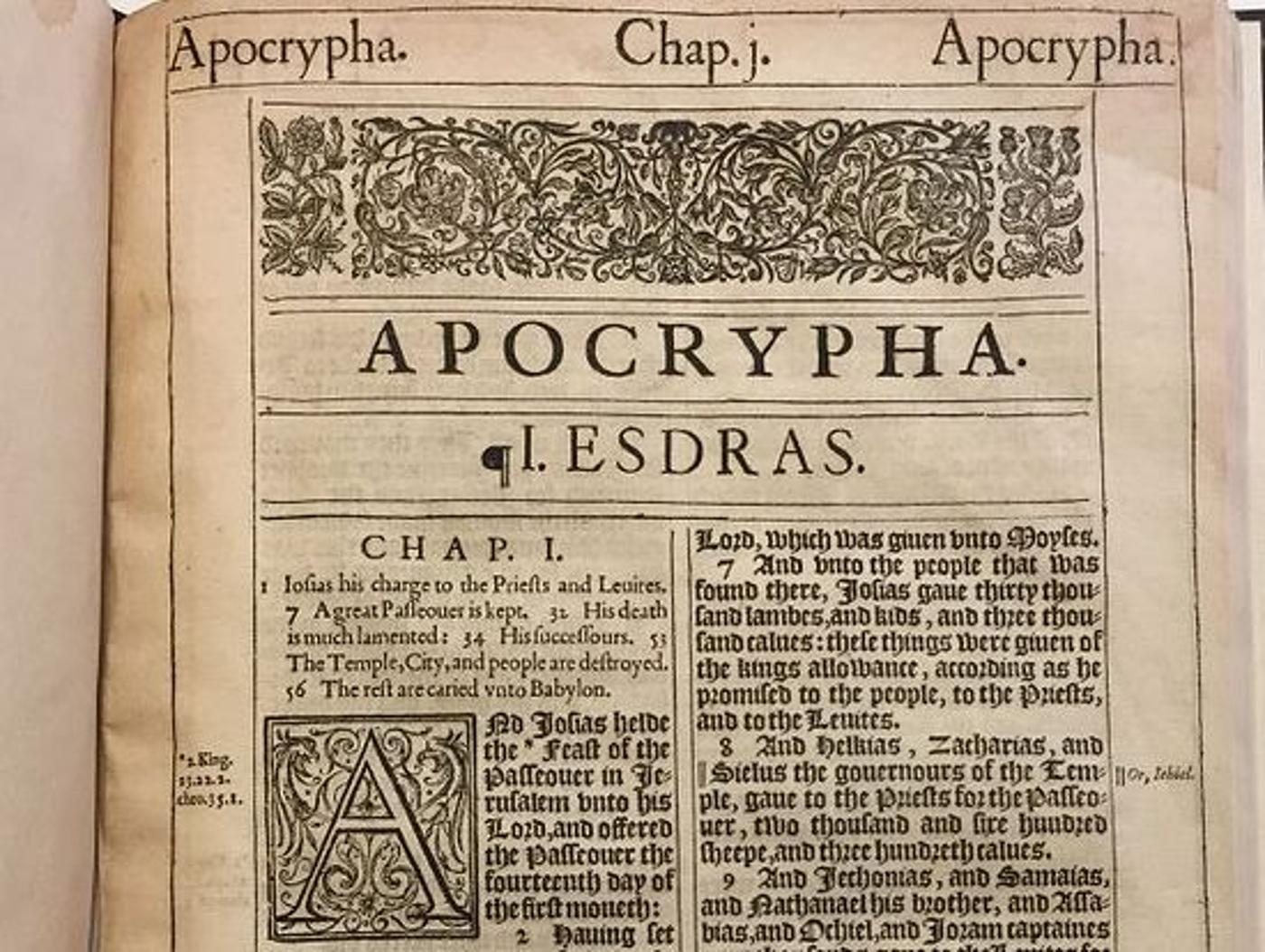
The idea that Jesus was a man living on Earth is commonly accepted as fact by non-religious scholars because ancient non-religious texts also include information about the man himself, named Jesus of Nazareth.
These non-religious texts regarding Jesus are known as the Apocrypha. It’s important to note that most of the texts don’t negate the belief that Jesus is the son of God, but instead are considered “non-religious” only because they are not part of the canonized Bible.
The Gospel of Thomas Is Part of the Apocrypha
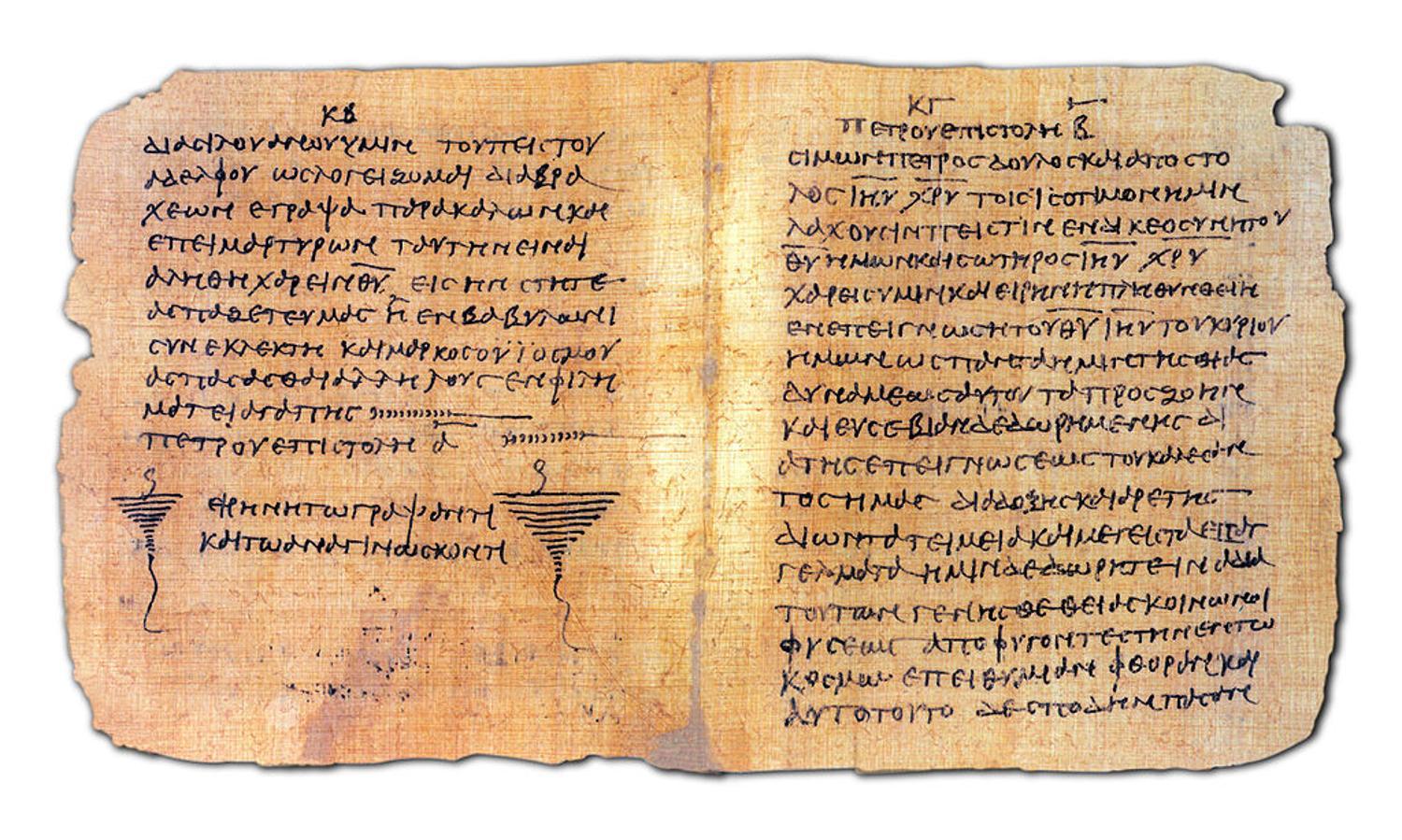
For example, the Gospel of Thomas is included in the Apocrypha, even though it is clearly the work of a Christian writer. The Gospel of Thomas was quite a popular text during the Middle Ages and is widely considered to be factual evidence of Jesus’ life.
Until recently, the earliest version of the Gospel of Thomas was actually only a codex from the 11th century. Though experts have always known that the book itself was written during the 2nd century, they have never been able to find the original or even the first several copies of the important text.
Finding a Small Piece of Papyrus That Could Change Everything
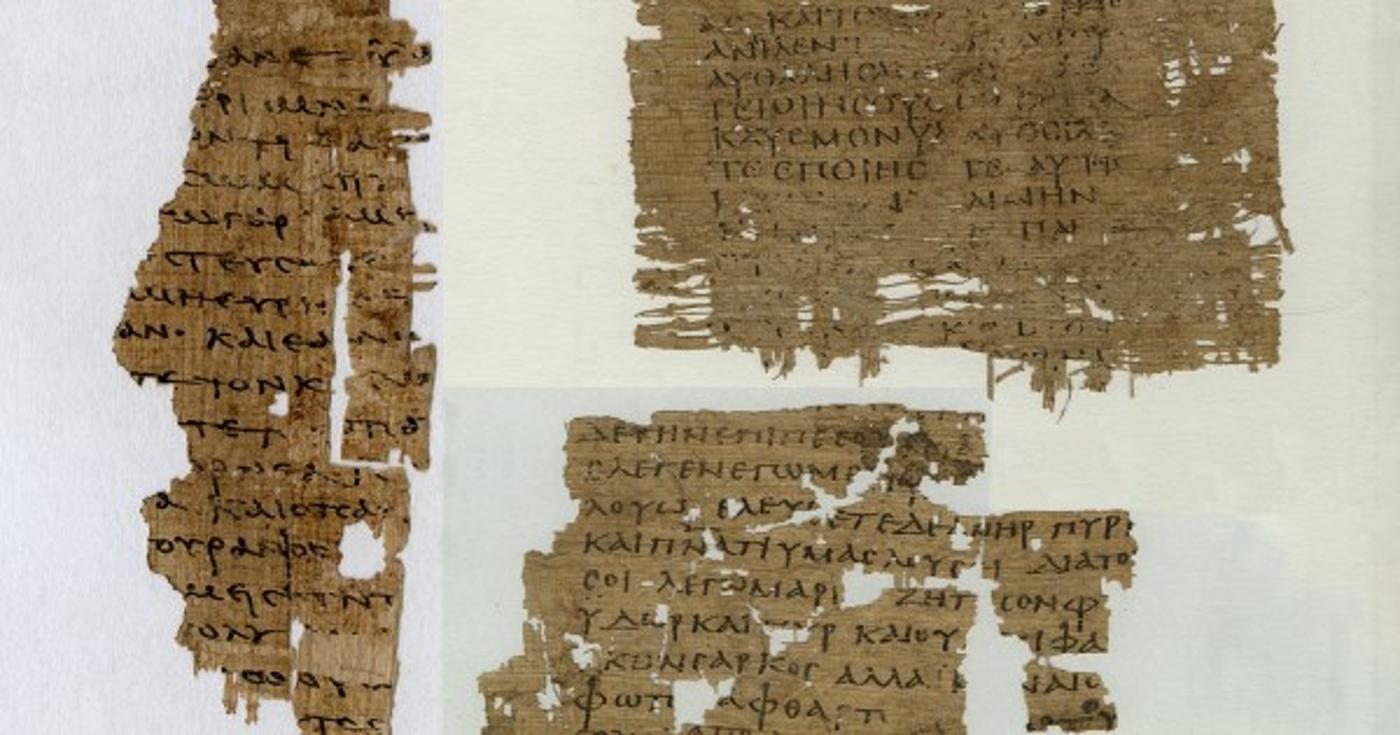
In an exciting turn of events, historians recently found a small fragment of ancient papyrus hidden within a collection of Apocrypha at the Hamburg Carl von Ossietzky State and University Library.
The fragment is only four by two inches and contains just 13 lines without around 10 Greek letters per line. The writing is quite haphazard, which originally led experts to believe it was simply a shopping list or personal note written quickly and with no historical significance, but now they know that it is quite the opposite.
The Ancient Fragment of Papyrus Includes the Word “Jesus”

Papyrologists Lajos Berkes from the Institute for Christianity and Antiquity at Humboldt-Universität zu Berlin and Gabriel Nocchi Macedo from the University of Liège in Belgium saw something interesting while studying ancient fragments of paper.
They saw that it included the word “Jesus” and realized that it might be something far more important than thoughtless scribbles. The two got to work deciphering the text and found something truly amazing.
This Piece of Papyrus May Be the Earliest Example of the Gospel of Thomas
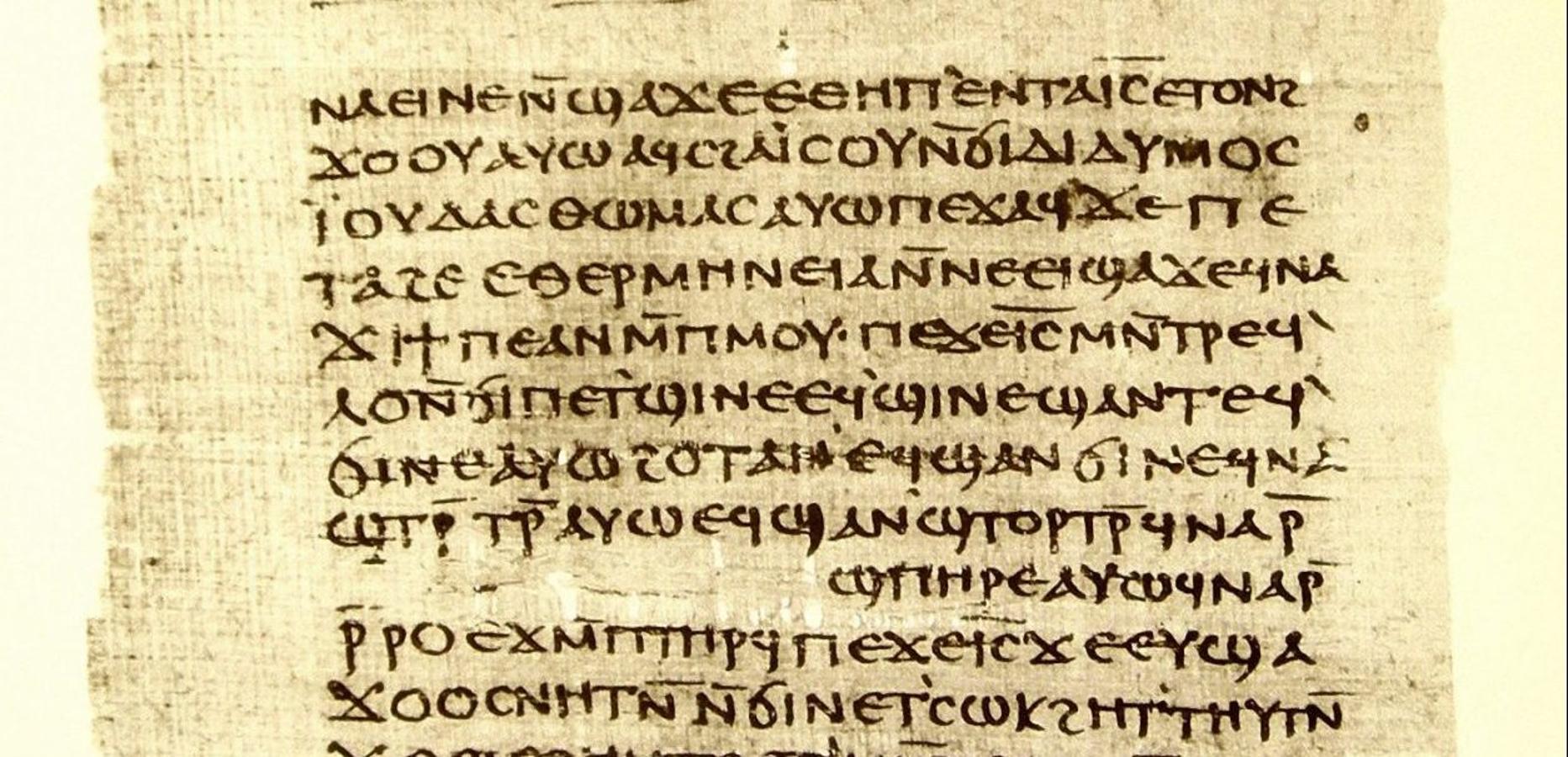
Berkes explained in a press statement, “It was thought to be part of an everyday document, such as a private letter or a shopping list, because the handwriting seems so clumsy. We first noticed the word Jesus in the text. Then, by comparing it with numerous other digitized papyri, we deciphered it letter by letter and quickly realized that it could not be an everyday document.”
After translating the poorly written letters, they realized that they told the story of the “vivification of the sparrows,” a famous miracle from the Gospel of Thomas.
The Vivification of the Sparrows From the Gospel of Thomas

The vivification of the sparrows is a story included in the Gospel of Thomas but not in any of the four books of the Apostles. It tells of a young Jesus, at only five years old, who molds living birds from clay by the river.
Many consider this to be Jesus’ second miracle, and sheds incredible insight into his life. Some say that evidence of Jesus performing miracles as a child proves he was the true son of God and not simply a man who later learned how to perform illusions or magic, as we call it now.
They Now Believe the Text Was Written by a Student or Monk

The current theory is that a student or even young monk was tasked with copying the original or at least a very early version of the Gospel of Thomas, which is why the writing looked childlike and messy.
But the importance of this document, even if it was written by a child, cannot be overlooked. Not only does it provide historians with the earliest version of a story directly taken from the Gospel of Thomas, but it also sheds light on Jesus’ lost childhood.
The Curiosities of Jesus of Nazareth Continue
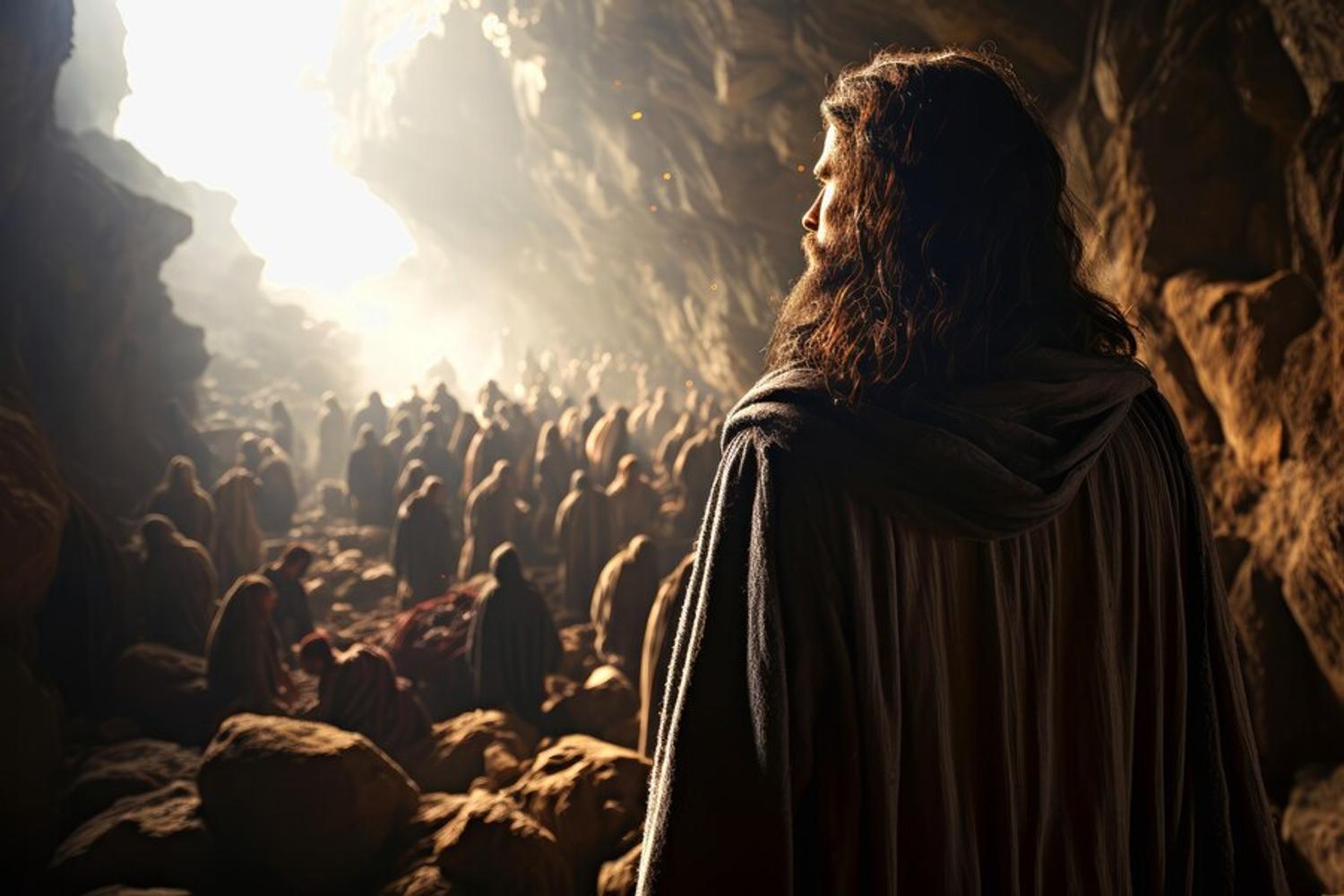
Of the many curiosities of Jesus of Nazareth, one of the most common questions is what his childhood was like. Of course, the miracle of the sparrows is just one tiny glimpse into the man’s life before his ministry, but even that is exciting for religious scholars and historians alike.
This historic finding does not answer all our questions, but as papyrologist Berkes explained, “The fragment is of extraordinary interest for research” regarding the early life of Jesus.








































